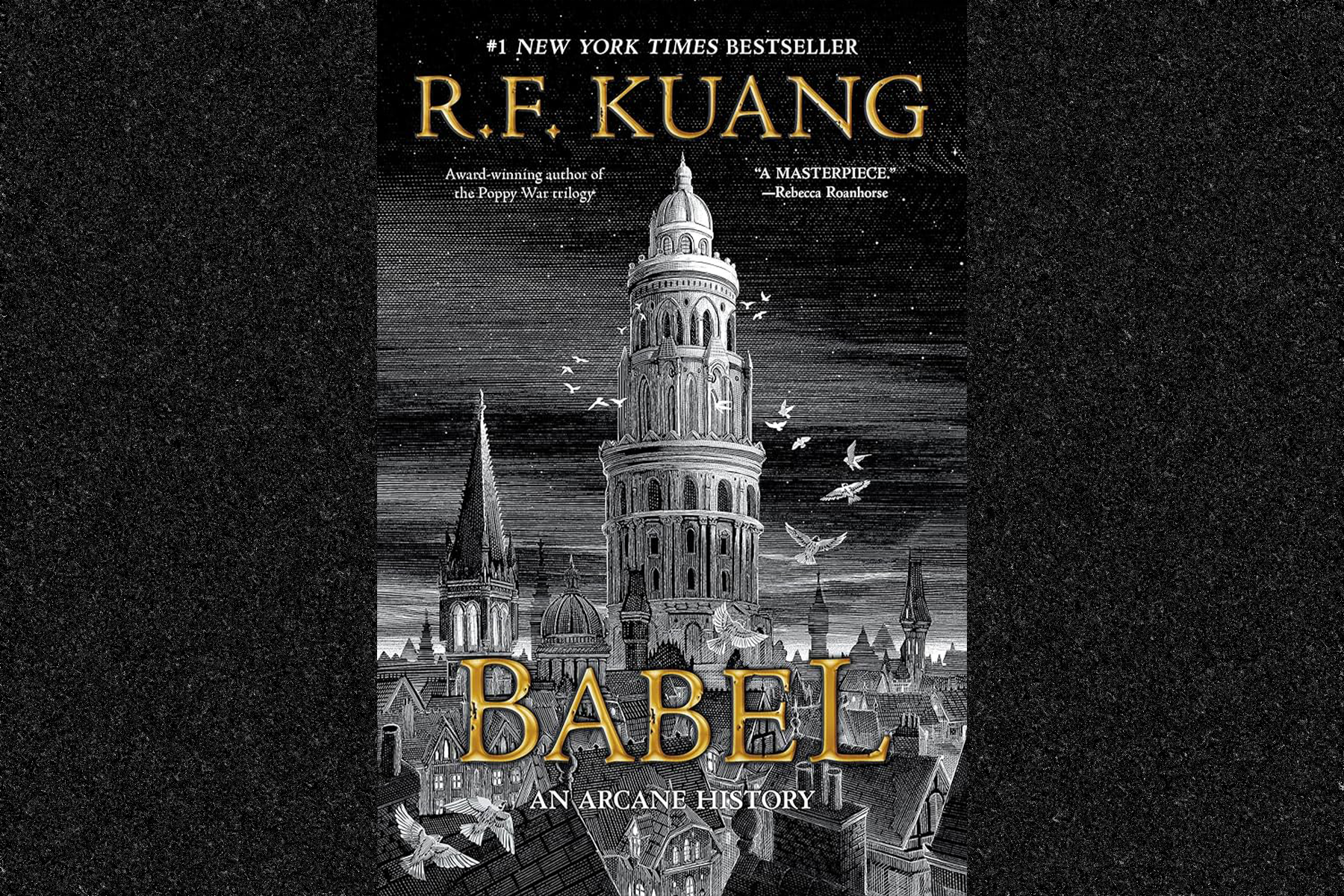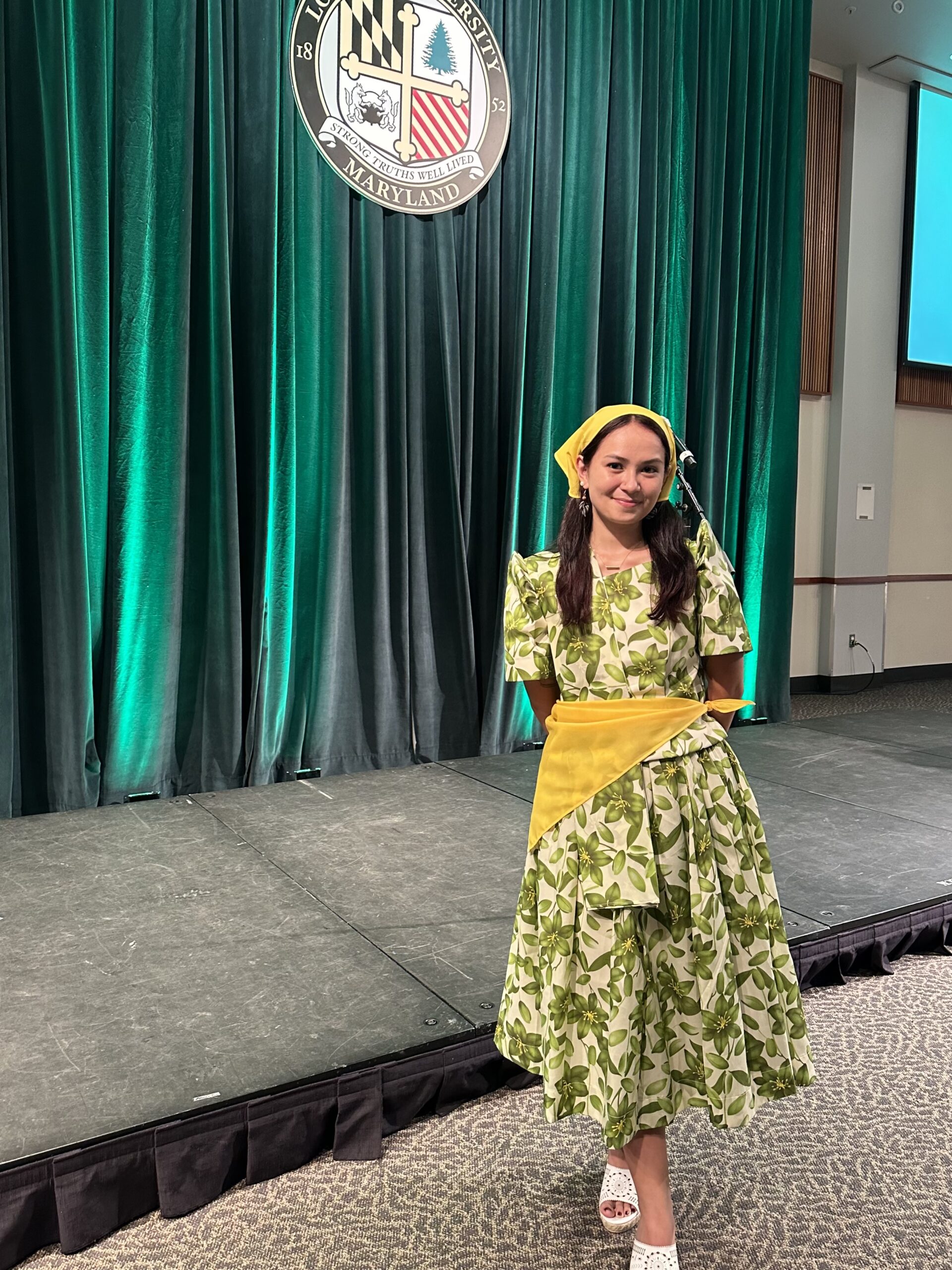Following the 2022 online controversy surrounding R.F. Kuang’s Babel, the novel’s messages on racism, violence and colonization remain resonant from its 1800s setting to today.
In 2022, a few months after R.F. Kuang’s Babel was initially published, social media quickly blew up with reviews of the fantasy-fiction novel. A popular Instagram page, @wayfarewithbooks, dedicated to book reviews went viral on BookTok for giving Babel a zero-star review. TikTok users swiftly critiqued this review, pointing out the ignorance of the white reviewer and claiming that they gave the book zero stars for being uncomfortable reading it. But being uncomfortable was entirely the point.
“Babel: Or the Necessity of Violence: An Arcane History of the Oxford Translators’ Revolution” is a fantasy novel that takes place in 1836 Oxford, England. Though the piece is fiction, much of it is heavily inspired by real history. Kuang discusses a variety of England’s colonial relationships through Babel’s characters. The main character, Robin, is half White and half Chinese. Supporting characters include Ramy, who is Muslin Indian, Victoire, who is Haitian but raised in France and Letty, who is white. Each of these characters have a hard time fitting into English society for different parts of their identity.
These characters meet when they start a program at Oxford dedicated to translating languages from all over the world. The scholarly students are fluent in other languages and – excluding Letty – attend Oxford because they speak English and come from a colonized territory.Through the course of the novel each character struggles on different levels working for an empire that does not include them or their people. Robin, Ramy, Victoire, and Letty work to translate the language of people in which the English empire occupies, furthering the empire’s advancements on colonization.
In Babel, there are plenty of racist remarks from Robin’s white caretaker, racist interactions between instructors, racial aggressions from Oxford students and even hateful interactions from random characters. These interactions are wildly uncomfortable, as they sometimes include racial slurs and/or a threat of violence. However, creating an uncomfortable reading experience is the point a lot of white book reviewers missed.
The experiences the characters in Babel go through is not far off from what a lot of people of color experience now. People of color experience discrimination in the workplace often, through microaggressions and unfair policies that incentivise assimilation. This is similar to how the characters in Babel have to fit in at Oxford by keeping their thoughts on colonization and feelings about racism to themselves. They rarely speak out against it in the first half of the book. While the characters in Babel are thankful for their place at Oxford, they never feel comfortable or like they belong.
The reviewer @wayfarewithbooks missed several key points in her book review. First, she called Babel highly problematic for its use of violence against white characters and systems. Babel includes violence against all people, but especially to characters of color.
Many critiques of Babel are against the idea of the “necessity of violence.” While the story shows the limits people of color are pushed to, and when forced to use violence, it also shows that it doesn’t end well for anyone. When Robin, the main character, finally resorts to violence, him and many others die in a path of total destruction. Kuang does not promote violence, rather her story shows the never-ending loop of destruction colonization has set in place.
Another point the reviewer makes is that the main characters are only characterized by their skin color, and that Kuang takes out her “hate” for white people by making the only main white character doomed and a betrayer. This is a horrible take that completely misses the point of how white liberalism and feminism only goes so far. Letty ends up betraying her friends and siding with Oxford in the end, even after knowing all the injustices they had been through. Not only does she side with Oxford, she turns her friends into the police and kills Ramy.
Books discussing racial dynamics are supposed to challenge readers. The right to comfort is not only a value of white supremacy culture, it hinders the ability to grow. Though Babel is almost two years old, its topics are especially relevant as we approach Asian American and Pacific Islander Heritage month and continue to evaluate neocolonialism.

















